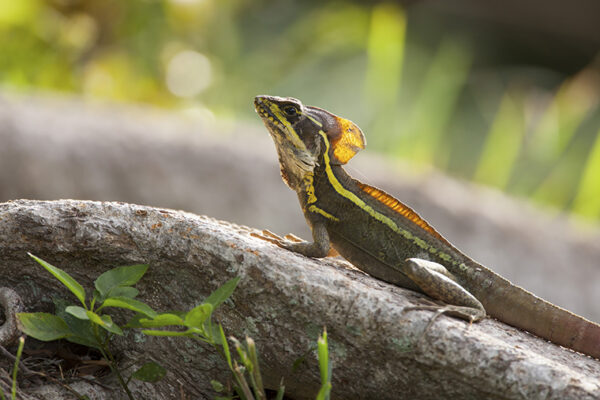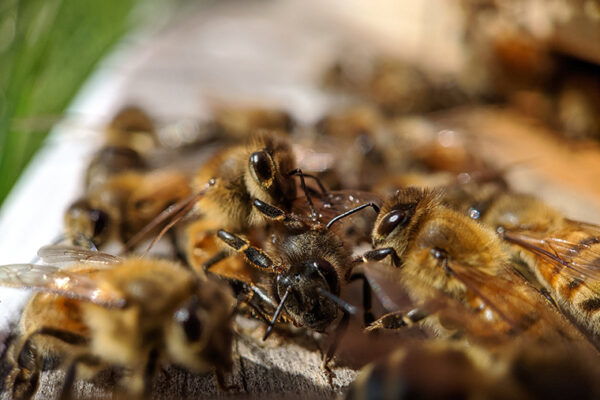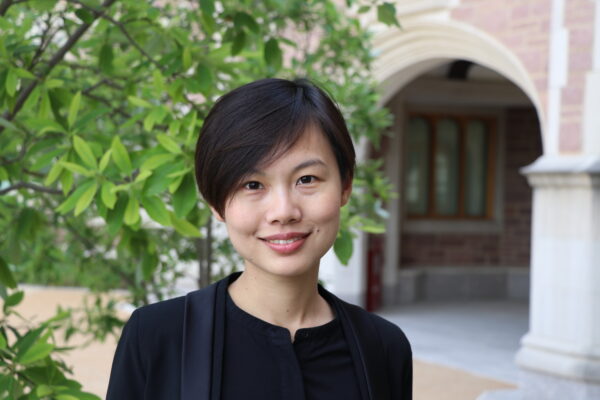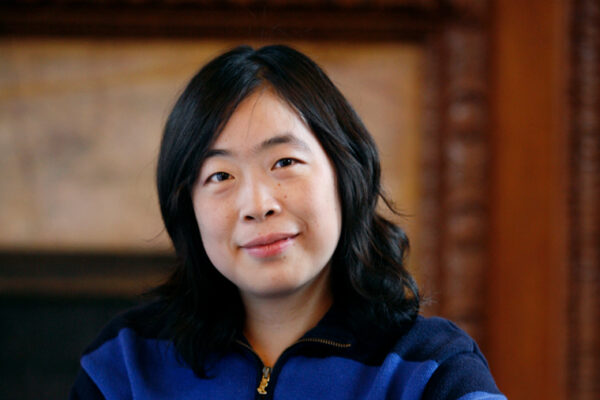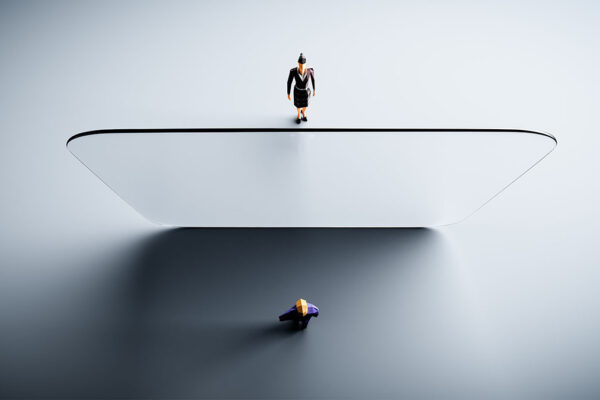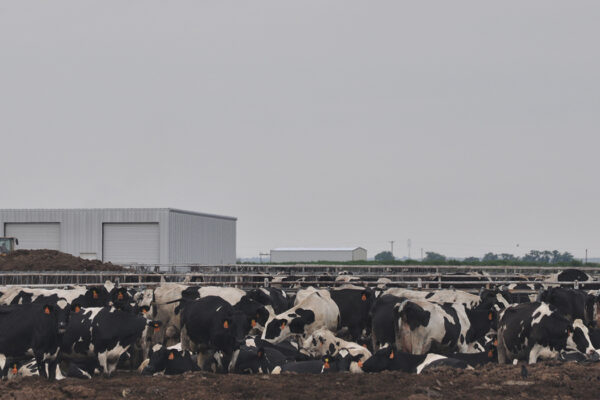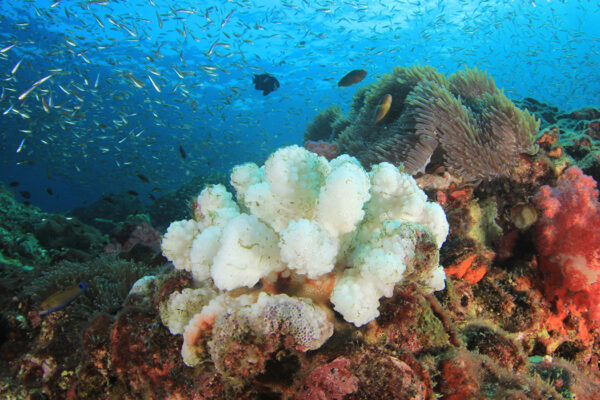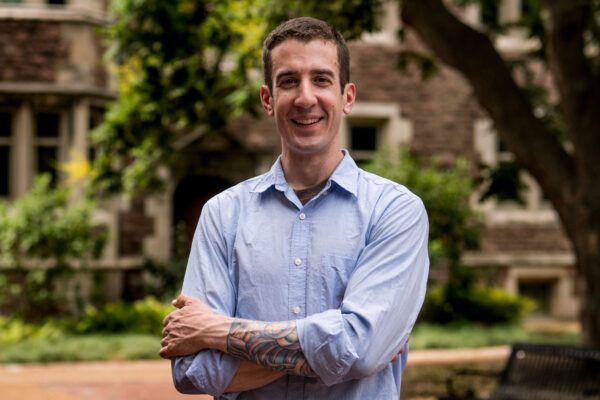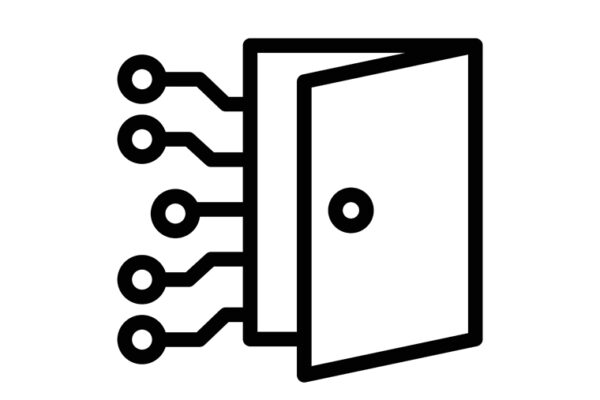What cold lizards in Miami can tell us about climate change resilience
Scaled survivors of the coldest night in south Florida’s recent history all converged on the same new, lower limit of thermal tolerance, regardless of their species’ previous ability to withstand cold. Biologist James Stroud in Arts & Sciences at Washington University in St. Louis led the team that reported the findings in the journal Biology Letters.
‘Honey bee, it’s me’
New research from Washington University in St. Louis shows that honey bees rely on chemical cues related to their shared gut microbial communities, instead of genetic relatedness, to identify members of their colony.
Ling receives Rising Star award from water, ecology organizations
Fangqiong Ling, assistant professor of energy, environmental and chemical engineering at the McKelvey School of Engineering, has been recognized by the International Water Association and the International Society for Microbial Ecology.
Yang named 2020 APS Fellow
Lan Yang, the Edwin H. & Florence G. Skinner Professor of Engineering at the McKelvey School of Engineering, has been elected a 2020 Fellow of the American Physical Society.
WashU Expert: Forget plexiglass, debaters just need 4.5 feet, smart airflow
Four and a half feet — as long as debaters are at least this far apart, with airflow directed back at them, the risk of infection with SARS-CoV-2 is minimal to none, say researchers at Washington University in St. Louis.
Sicker livestock may increase climate woes
Climate change is affecting the spread and severity of infectious diseases around the world — and infectious diseases may in turn be contributing to climate change, according to new research from Washington University’s Living Earth Collaborative working group led by biologist Amanda Koltz in Arts & Sciences.
Teaching high school chemistry with real-world examples
Michael Wysession, professor in earth and planetary sciences, and Bryn Lutes, a lecturer in chemistry, both in Arts & Sciences at Washington University in St. Louis, believe that high school students will learn chemistry better when they crunch actual climate data, rather than memorize the periodic table by rote. They helped write a national chemistry curriculum that is loaded with real-world examples — like ocean acidification — and is already being rolled out by school districts in Los Angeles and other parts of California.
Hengen awarded $1.8M to study sleep’s contribution to brain function
Keith Hengen, assistant professor of biology in Arts & Sciences at Washington University in St. Louis, received a three-year $1.8 million grant to study the role of sleep and waking behavior in shaping the brain’s neural dynamics. His research will help scientists understand how sleep contributes to healthy cognition and shed light on the mechanisms by which disrupted sleep worsens neurodegenerative and mental health disorders.
Juba receives CAREER award for artificial intelligence research
Brendan Juba at the McKelvey School of Engineering at Washington University in St. Louis will take a close look at relationships and generalization in artificial intelligence with a National Science Foundation CAREER award.
McKelvey School of Engineering seeks to land artificial intelligence center
A team of engineers and computer scientists at the McKelvey School of Engineering, along with multi-disciplinary collaborators at other institutions, will work over the next two years to prepare a proposal for one of the National Science Foundation’s National Artificial Intelligence (AI) Research Institutes.
Older Stories
